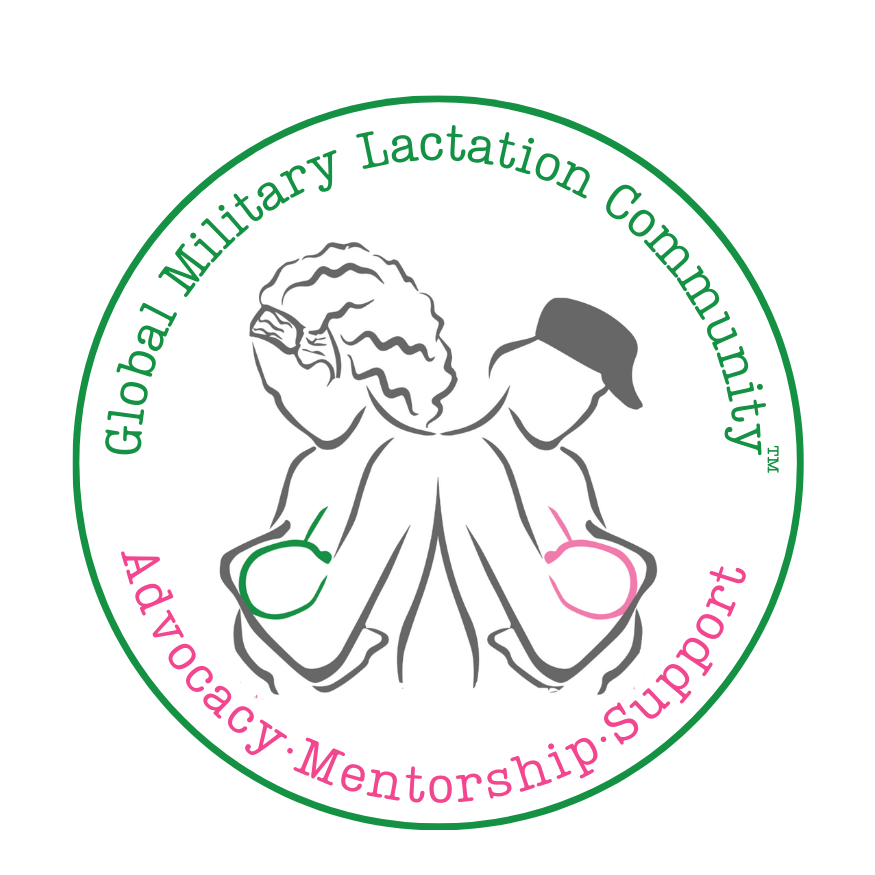#SponsorBlog: Postpartum Depression
by Military Mommies | Kim Hopkins, Overseas Regional Manager, Area Partner at Colorado Springs, CO
I lay in bed, my mind is racing. It was a long day and I am exhausted, but I cannot settle down.
“Take a warm bath.”
“Try this lavender essential oil roller.”
“It is totally normal, you just had a baby.”
Somewhere my thoughts go awry and I feel the panic creeping in. I know the signs, and yet I cannot stop it. In a matter of seconds my hands are clammy, my heart starts racing, I sit up while trying to catch my breath. I try to breathe…box breathing. It does not help. I get up and check on my little one. Is he breathing? My chest starts hurting, I text my husband who is having another late night at work. I have to go to the ER – now.
This was my life for months after my son’s birth. What started out with the “typical” worries of a new mother eventually turned into postpartum anxiety. I did not know what I was experiencing; I actually did not fully grasp what was happening until years later. Nobody around me picked up on what was going on. There were countless trips to the ER all with the same diagnosis. Stress. Try to do less. Impossible with a full-time job, 4 small children and a husband who was never home.
Postpartum anxiety is a condition that is often misdiagnosed, or not diagnosed at all. Women try to hide it and cover it up because it is uncomfortable to speak about. We don’t want to admit that something is wrong, we don't want to appear weak or vulnerable. We are our own worst enemies because we fear failure.
The biggest display of strength is to admit that we need help. Postpartum depression and postpartum anxiety are treatable. If you don’t feel like yourself after giving birth, reach out and ask for help. A doula can be an excellent starting point. Doulas are trained to recognize the signs of postpartum anxiety and depression. They have resources at their fingertips so that you can get the help you need and deserve.
How can a doula support you post partum?
Your doula knows you and can pick up on mood swings or when you are not acting like yourself.
Your doula is a person you and your partner trust and can be someone you can confide in during this sensitive time
Your partner also trusts your doula and feels comfortable talking to him or her about changes in you.
Your doula knows what questions to ask to get a better idea of how you are feeling and what level of support you need.
Your doula can provide resources ahead of time to prepare you and guide you throughout your postpartum recovery.
If you do not have access to a doula, please reach out to your behavioral health team, family advocacy program, or chaplain. These are all great resources to provide support. Did you know that many of our partners are doulas as well? At Military Mommies, we are here to support you throughout your pregnancy and after. Please reach out to your area partner for resources and information any time.
You are strong. You are an amazing mother!
You can contact Kim at
khopkins@militarymommies.com or 7blessingsdoula@gmail.com
Website: www.7blessingsdoulaservices.com




